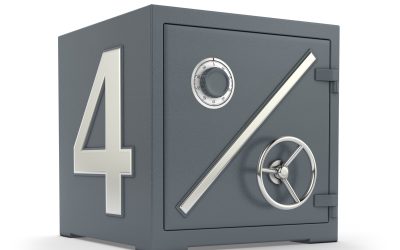
If you spring clean your house, why not take some time to spring clean your finances too? If you have a 401(k), IRA, or other retirement account, this is especially important. Managing this area of your finances isn’t a ‘set it and forget it’ activity. Here’s how you can see if you need to take action to clean your financial house.
Review Your Retirement Accounts
Once you leave a job or are close to an important birthday such as age 55 or 59 ½, you should consider what to do with your old 401(k). You may want to roll over funds from old 401(k)s to your current one to make it easier to manage your money. For example, if your contracts at your old company are no longer current or your investment portal changes, it can mean more paperwork to keep track of. You can also roll over your old 401(k) into a traditional or Roth IRA. This could potentially open up a wider array of investment options and may allow you to have more control over your investments.[1]
Find Out How Much You’re Paying in 401(k) Fees
95% of 401(k) participants pay fees, ranging from under 0.5% to more than 2%, which can add up over the course of many years. For example, let’s compare a 401(k) plan that charges 2% in fees to one that charges 1%. Both start with a balance of $100,000 and have an expected annual rate of return of 8%. After 30 years, the account paying 2% in fees would grow to $574,350. Meanwhile, the account paying 1% in fees would grow to $761,225.[2] We can look at how much you’re paying in 401(k) fees and assess options that could help to reduce the amount.
Review Your Estate Plan
When was the last time you reviewed your estate plan and retirement account beneficiaries? Maybe you designated a beneficiary when you first established your retirement account and haven’t looked at the paperwork since. During that time, you may have gotten married, divorced, had children, or become involved with a charity you would like to leave money to. Even if you updated your will or set up a trust, you need to update your retirement account beneficiary because beneficiary designations trump will and trust directives.[3] For example, you may want to divide your IRA equally among your children but only have the oldest one named as beneficiary because you forgot to make updates when your other children were born.
If you’re looking to spring clean any area of your finances, give us a call. We can assess your 401(k) fees, present alternative investment options, and help you create a plan tailored to you. Sign up for a complimentary financial review to speak to us about your retirement planning needs and get your questions and answered.



